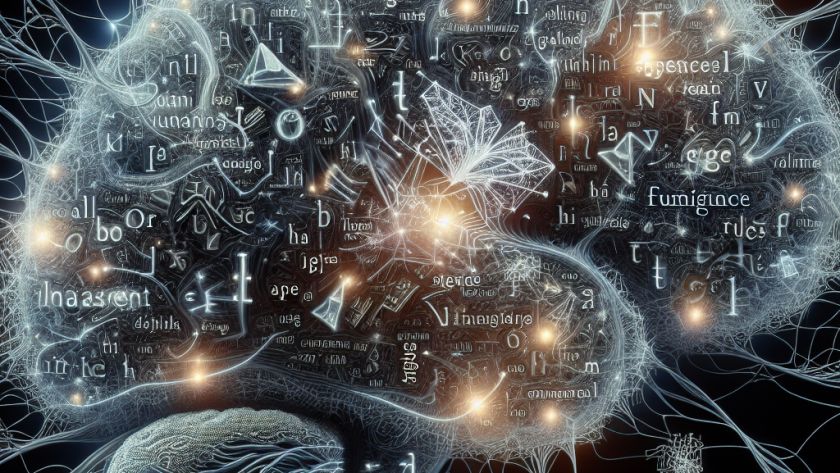In a keynote address at MIT's Generative AI Week on November 28, iRobot co-founder Rodney Brooks highlighted the potential dangers of overestimating the capabilities of generative AI, an emerging technology that supports powerful tools like OpenAI’s ChatGPT and Google’s Bard. He urged that while the technology has significant capabilities, the illusion that it can solve…






